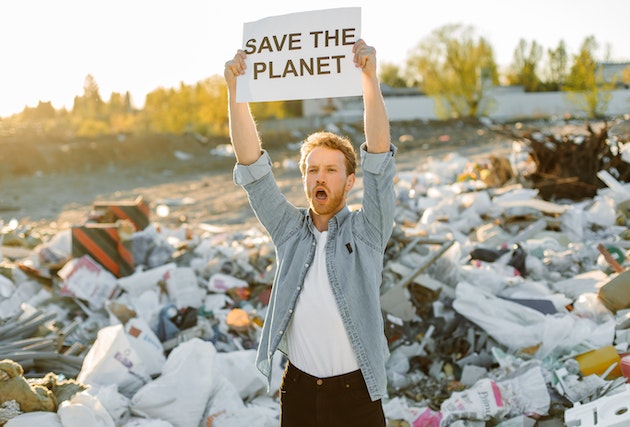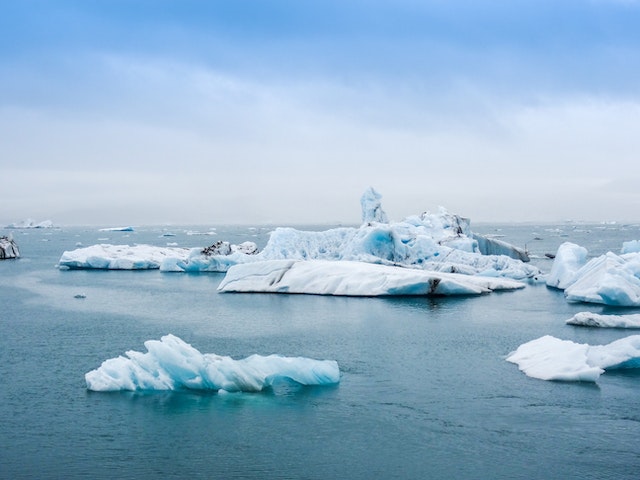The world seemed to be on fire, quite literally. The air was thick with the burning smell of forests and the sun shone menacingly in the sky. This was the new reality of climate change that the world had been grappling with for years, but it had now hit home.

As I walked through the barren fields, I couldn’t help but wonder if this was just a glimpse into our future. The rising temperatures had caused droughts and floods in equal measure, and the most vulnerable among us – the poor and the marginalized – bore the brunt of it all.
The scientists had warned us about the consequences of our actions, the unchecked consumption, and the relentless pursuit of growth. But we had ignored the signs, ignored mitigation, choosing instead to prioritize our own short-term gains at the expense of the planet’s long-term health.
As I gazed at the horizon, I wondered if it was too late to turn back the clock. Could we still make a difference, or were we doomed to a fate of rising sea levels, shrinking ice caps, and more extreme weather events?
But then I heard a faint sound in the distance. It was the sound of young voices, raised in unison to demand action on climate change. They were the leaders of tomorrow, the ones who would inherit a world shaped by the choices we made today.
And in that moment, I felt a glimmer of hope. If we could empower these young people, and provide them with the tools and the resources they needed to drive change, maybe we could turn the tide of climate change after all.
It wouldn’t be easy, and it would require sacrifices from all of us. But it was a challenge worth taking on, for the sake of our planet and the generations to come.

As I walked away from the fields, the sound of the young voices grew louder. And I knew that, with their passion and determination, we might just have a fighting chance after all.
What’s happening to the ice caps?
The reality of climate change was a wake-up call for humanity – a call to action that demanded our attention and our commitment to do better. It was a challenge that required collective effort, global cooperation, and a fundamental shift in the way we lived our lives. But it was also a chance to rewrite the future, to innovate, and to create new opportunities for growth and prosperity.
As I watched the young climate activists rally together, I couldn’t help but feel a sense of pride and inspiration. They were the ones who would stake their claim on the future, and they were already armed with a deep understanding of the issues at hand. They spoke with a clarity that belied their age, and their passion was contagious.

It was clear that they believed in a world where sustainability was at the center of everything we did – where we thought about the long-term impact of our choices, rather than just the immediate benefit.
They saw a world where clean energy was the norm and where waste was minimized. They saw a world where food production and consumption were reimagined to promote better health and well-being for both people and the planet.
As I walked away from the rally, I couldn’t help but reflect on my own contribution to the challenge of climate change. I realized that I had a role to play, whether it was in my daily choices or in the way I used my voice to influence others. Each one of us had a responsibility to act, to do our part in creating a sustainable future.
The road ahead was uncertain, but it was also full of possibilities. It was a chance to come together, collaborate, and innovate. It was a chance to leave behind a world that was better than the one we inherited. And as I looked toward the future, I couldn’t help but feel a sense of hope that we might just be able to make a difference after all.
How can we fight climate change?
How can we fight climate change: reduce electricity with smart lights, replace and upgrade old appliances to newer energy-efficient ones, reduce water usage by fixing leaks and using low-flow fixtures, use public transportation or carpool to reduce emissions, decrease meat consumption to reduce carbon footprint, recycle and compost to reduce waste, use renewable energy sources like solar or wind power, support climate action through education, advocacy or direct action, and vote for leaders who prioritize climate change policies. Mitigating climate change is important, and reducing our energy usage can help with that. Climate change is a threat, but it is also our chance to create a more equitable and sustainable planet for generations to come.


